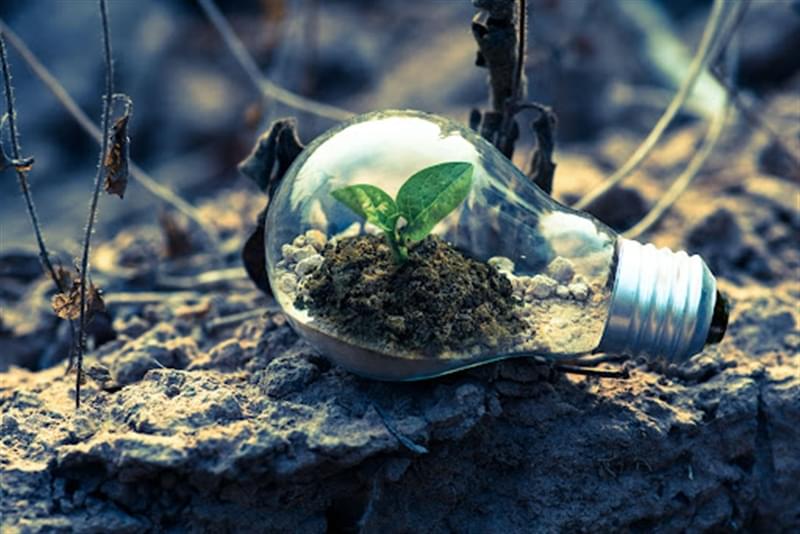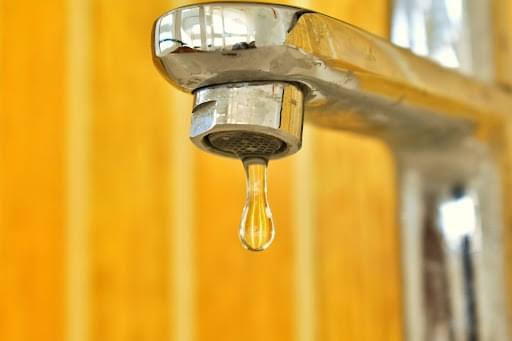Easy money-saving tips for cutting the monthly bills

We asked the experts how you can save money on your electricity and gas bill: find out some practical tips you can easily follow!
As the winter is approaching, the concern about rising bills is growing. In 2022 we have witnessed a staggering increase in the cost of electricity and gas. It is natural to expect higher costs due to the cold season when the heat will work at total capacity and the light hours will decrease.
Minifaber has gathered some easy money-saving tips, also to help the environment and fight climate change.
WWF calls them eco-tips; they are small everyday actions that have an important impact on our world. In times of energy crisis and rising utility bills, they are a help to improve our ability to save energy. Happy reading!
Energy waste
To avoid energy waste, both electricity and gas, you can follow these practical tips.
1. Heating
Regarding heating, at home but also in the office, the recommended temperature is 64°-66°F during the winter and 77°-79°F during the summer. In absolute terms, just lowering the average temperature of your home by 34°F would be enough to save 10 percent energy and reduce CO2 emissions by 450 kg over a year. In addition, if you have the opportunity, you can install windows and doors with a new generation of double glazings, such as PVC windows and doors with low-emissivity double glazing. This way you will achieve savings of 15 percent due to increased thermal insulation. Curtains can also have an effective insulating effect from both cold and heat.
2. Home appliances
Now let's talk about home appliances. The most energy-consumer are the refrigerator, the electric oven and the washing machine. The refrigerator is the most used household appliance because, inevitably, it is in operation 24 hours a day. It is responsible, alone, for 25 percent of household energy consumption. What can you do to make it work at its best and save on your utility bill? One tip is to place the refrigerator away from the oven or other heat sources and store food neatly. The oven also uses a lot of energy: if you have to buy a new one, consider its energy rating and size (the bigger it is, the more energy it will use to heat itself). On the other hand, if you already have an oven, stop cooking food 2 minutes earlier and use the residual heat to finish the job. Finally, the washing machine, an appliance that is now indispensable. Class A+ washing machines consume the least, but water temperature also matters. 104°F cycles consume 50 percent less than 140°F cycles, and as much as 150 percent less than 194°F cycles. Then try to optimize loads by running the washing machine only when it is full.
3. Lighting and electronic equipment
The third category of potential energy waste is lighting and electronic appliances. As for lights in the home, replace bulbs with LED models, which consume less energy, and do not leave lights on more than necessary. Unplug electronic appliances such as televisions and personal computers: even on standby, these can consume up to 450 kWh per year. The smart move is to plug the outlets into a power strip and turn it off at the touch of a button when not using the appliance.
Food waste

Today, food waste is one of the most serious problems. Nowadays, the food system consumes about 30 percent of all the energy available on the planet; of this, 38 percent is used for wasted food. To reduce waste, it is essential to plan your grocery shopping carefully, buying the right quantities, especially for products with a short expiration date such as dairy products. To help you there are several apps for iOS and Android to keep track of what you consume and what you buy. Equally important is to avoid too large cooking meals. However, if there happen to be leftovers, you can use them for "recycling" recipes such as meatballs or pies: you can find lots of tasty recipes to compose with leftover food on the Internet.
Water waste

Household leaks can waste approximately nearly 900 billion gallons of water annually in the U.S. (in this regard, Minifaber makes daily efforts to save water for its processing).
Turning off the tap while brushing your teeth can save 8 gallons of water per day and, while shaving, can save 10 gallons of water per shave. Assuming you brush your teeth twice daily and shave 5 times per week, you could save nearly 5,700 gallons per year. Taking a shower rather than a bath saves 35 gallons a day. Mounting breakers on home faucets saves a family of three 1,585 gallons less per year. Repairing faucet and toilet leaks save up to 1,3208 gallons wasted in a year. Water used to wash vegetables, cold water running from the shower while waiting for it to heat up, or condensation produced by air conditioners can be reused for many other actions that do not require drinking water, such as watering household plants or washing floors.
By applying these tips daily and making them a habit, you can not only save money on your electricity and gas bills but also help protect the environment and combat rising temperatures and the risk of desertification.

